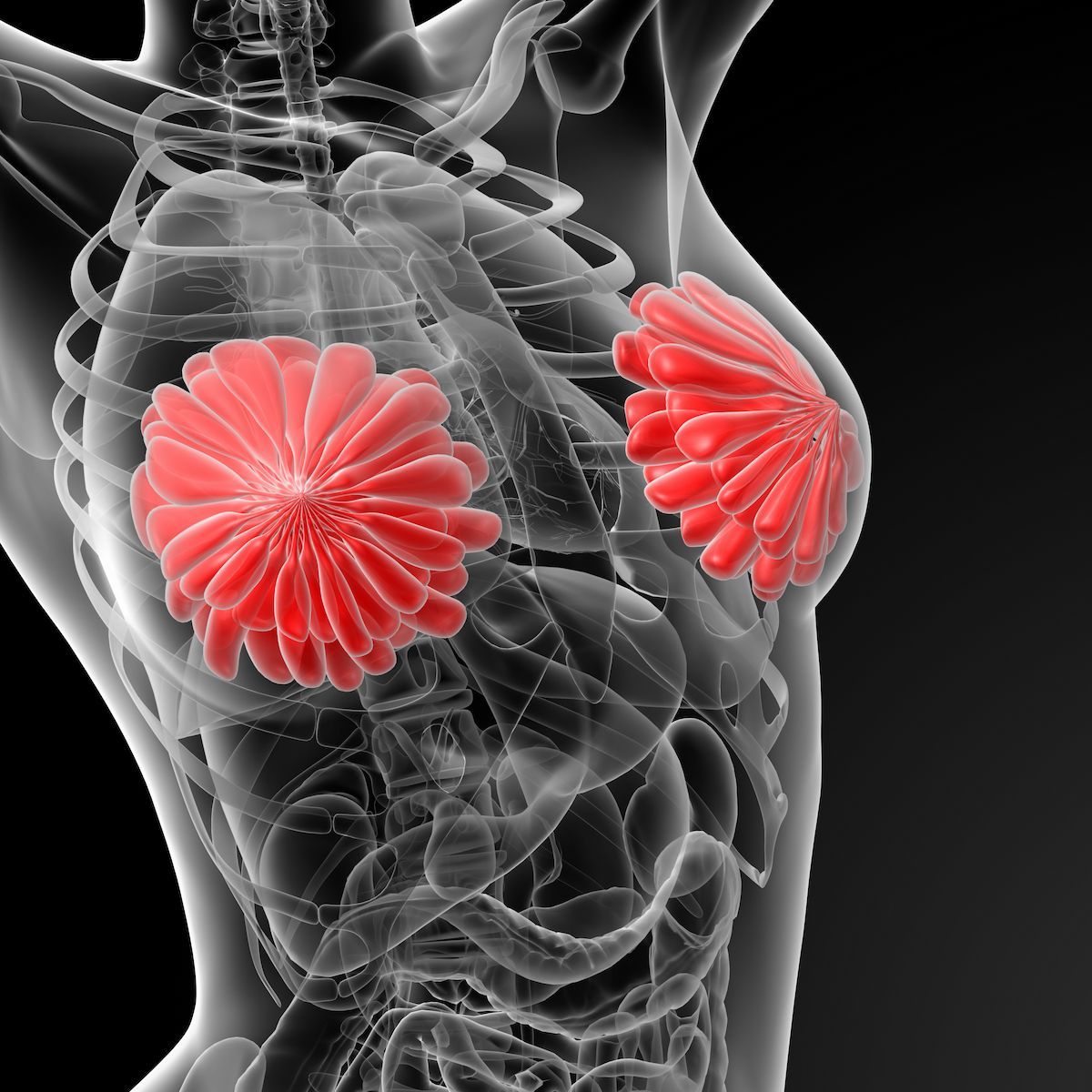AI Transforms HER2-Low, HER2-Ultralow Breast Cancer Diagnostics for Pathologists
AI-assisted training dramatically reduced HER2-null overscoring and improved sensitivity in HER2-low and HER2-ultralow breast cancer cases.
AI-assisted training dramatically reduced HER2-null overscoring and improved sensitivity in HER2-low and HER2-ultralow breast cancer cases.

Artificial intelligence systems demonstrated the capability to reduce the misclassification of HER2-low and HER2-ultralow breast cancer cases as HER2 null cases, and AI-assisted training improved pathologists’ concordance in HER2 score, according to a study presented during the 2025 American Society of Clinical Oncology Annual Meeting Pre-Briefing.1
In the study, pathologists were given access to the ComPath Academy training platform, an AI training masterclass that aided in identifying neoplastic cells, total tumor cell count, percentage of each cell class, and a final HER2 score in 20 digital immunohistochemistry (IHC)-stained breast cancer cases. Across 1940 readings from 105 pathologists in 10 countries, the rate of accuracy in pathologists not using AI was 89.1% vs 96.1% in those with AI assistance, while concordance for HER2 scoring was measured at 0.506 for pathologists not using AI vs 0.798 for those using AI. The accuracy in identifying HER2 clinical categories also improved from 90.1% without AI to 95.0% with AI, and concordance among pathologists improved from 0.494 without AI to 0.732 with AI.
Further analysis showed that manual scoring sensitivity was the lowest in cases with no or low levels of HER2 expression, with AI assistance raising the sensitivity across the null, ultralow, and low expression classifications from 54.08% to 88.24%, 50.08% to 93.22%, and 78.64% to 90.35%, respectively. Additionally, HER2-null overscoring without AI assistance was 45.09% vs 11.7% with AI support.
Marina De Brot, MD, PhD, the presenting study author, noted how, while many HER2-low and -ultralow tumors are now targetable, they are often mislabeled as HER2-null, and patients are potentially missing out on access to effective therapies. She pointed to an observed 30% discordance rate among pathologists in scoring HER2-low and -ultralow tumors, underscoring the imperative for advanced training. Reducing misclassification of these cases “potentially enabl[es] more patients to access HER2-directing [antibody-drug conjugate (ADC)] therapies.”
“From a patient perspective as well, what this does is this: with the increasing use and application of anti-HER2-directed therapies, especially in the low and ultralow populations, patients now have access to potentially life-changing medications with this reclassification, demonstrating the fact that there is a potential role for these therapies for these patients,” said Robin Zon, MD, FASCO, FACP, ASCO president, during her expert commentary following the presentation.
In her presentation, De Brot outlined next steps for this research, including rolling out breast HER2 masterclasses to additional countries and pathologists and building a global, unified, international database to map scoring gaps and guide AI training solutions. De Brot also identified a plan to conduct a multicenter implementation study where an AI tool would be embedded in routine diagnostics to measure downstream clinical effects, which would allow investigators to assess changes in treatment allocation and time to therapy in patients with HER2-low and HER2-ultralow breast cancers.
Reference
De Brot, M, Mulder D, Shaaban A, et al. Use of artificial intelligence assistance software for HER2-low and HER2-ultralow IHC interpretation training to improve diagnostic accuracy of pathologists and expand patients’ eligibility for HER2-targeted treatment. Presented at: 2025 ASCO Annual Meeting Pre-Briefing on Regular Abstracts. May 21, 2025. Abstract 1014.